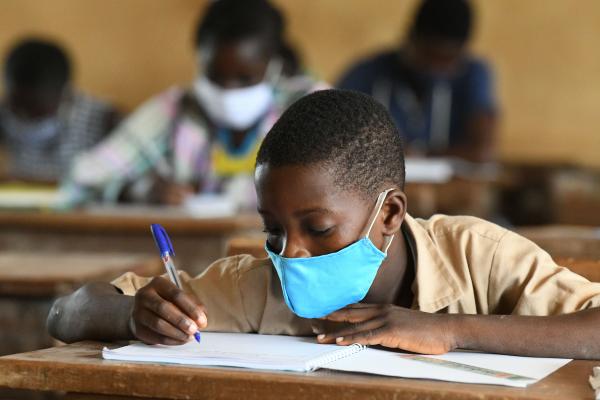Whilst variants of COVID-19 continue to mutate and spread, countries with higher levels of vaccination (predominantly the more economically developed countries) are ‘opening up’. What does it mean to open up? Weddings are back on with larger guest counts, domestic tourism is soaring, and in some places schools can drop mask mandates and distancing, to name just a few ways. Some say this is the oft-cited ‘return to normal’; but hard facts display that the ongoing pandemic has not just claimed the lives by the millions and created mass employment and a mental health crisis, but there is also an entire generation that has missed out on vital months of schooling.
That same generation also faces a difficult job market in their near future. Talk of an economic rebound off the back of re-employment belies the state of things. Yes, there are far more job vacancies now than there was a year ago, as restaurants and cafes, stories, hotels, airlines and so much more get the crowds returning. However, jobs in these industries often come with low wages, zero hours contracts and a lot of the work is also seasonal for the summer. What are the long-term job prospects of our youths in 2021? Various industries are unrecognisable from a few years ago and the trend of cuts is ongoing. Online education seems here to stay and arguably this is something which can widen, rather than narrow the options for those graduating high school. Yet, education has to be affordable as well as accessible in order for it really to present a range of opportunities for the many, not just the privileged few.
meanwhile, youth groups, charities, after-school clubs and careers programs alike have all been vulnerable to economic losses, as uncertainty comes with staffing and financial cuts. We want to work with entities across the cities, bringing national NGOs together with local groups and government, to have meaningful discussion and to fund work targeted at giving youths real options. At Remember Youth Fund, we conduct our research, collect literature and resources in our library and lead workshops to get these vital dialogues going. The challenges ahead are vast and widespread, but we strongly believe that collaboration is the way forward.

